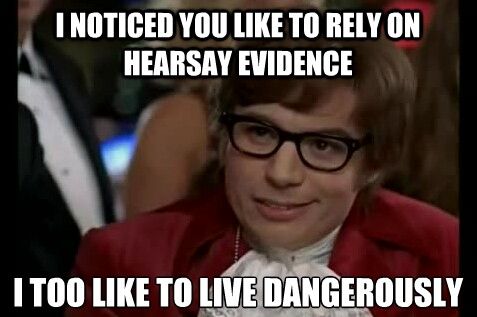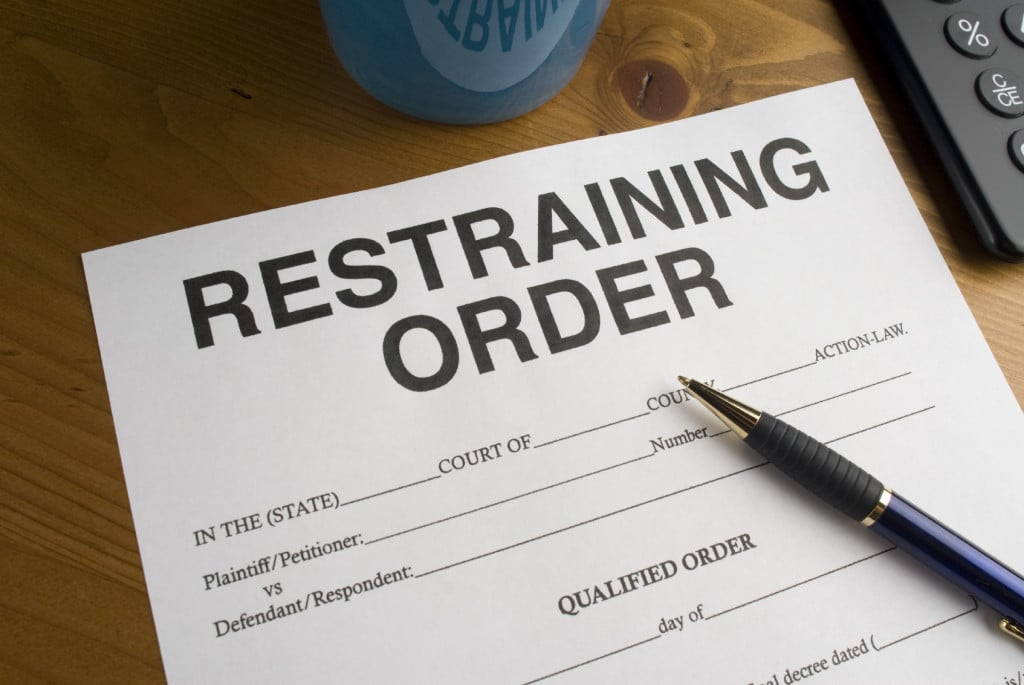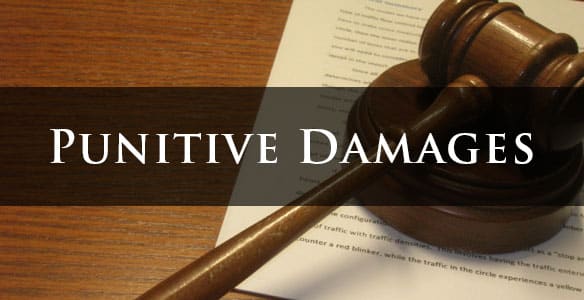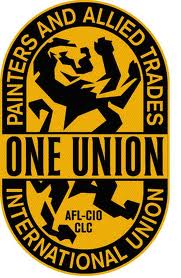In an action by an insured against an insurance company which denied a claim, plaintiff requested that the trial court give a standard jury instruction explaining that, when a loss is caused by a combination of covered and excluded risks, the loss is covered if the most important or predominant cause is a covered risk. (CACI No. 2306.) Defendant instead proposed a special jury instruction placing on plaintiff the burden of proving the collapse of the house was “caused only by one or more” of the perils listed in the policy, and that there was no coverage if the cause of the collapse involved any peril other than those listed.
Declaration Used To Prove Limited Jurisdiction Case.
A judgment was entered against a man for unpaid credit card charges in a limited civil case. The man’s original debt was owed to a bank. The bank sold the account to a receivables company. The receivables company assigned the account to plaintiff. The declaration of plaintiff’s custodian of records, with attached bill of sale, assignment and monthly billing statements, was used at trial to prove the debt.
Federal Court Judgment Reversed Due To Evidentiary Error.
The Petroleum Marketing Practices Act [PMBA; 15 U.S.C. §§ 2801-2806] regulates oil franchises. During the trial of an action about allegations an oil company failed to make a bona fide offer to sell property, as required by the PMBA, an evidentiary issue arose. Plaintiff, the owner of a gas station franchise, testified he never reviewed a certain appraisal.
Proving And Defending Against The Cost Of Health Care.
In a personal injury case, a jury found defendant negligent and awarded $261,713.71 for past medical expenses. Plaintiff had no medical insurance, and her medical providers rendered service to her on a lien basis. However, a third party purchased the lien for a discounted amount, although plaintiff remained liable for the total amount.
Court Abused Its Discretion In Not Renewing Restraining Order.
After a series of violent incidents, the court issued a restraining order to protect petitioner and her family. A few years later, petitioner asked the court to renew the restraining order after she spotted a vehicle outside her home, although petitioner did not know who was driving it. The vehicle was similar to the one the restrained man drives. The trial court declined to renew the restraining order because of lack of evidence.
$32,500,000 Punitive Damages Award Reversed.
Plaintiffs are the survivors and the estate of a decedent who suffered from mesothelioma as a result of his exposure to asbestos. The jury awarded various amounts to the survivors and the estate, and also awarded the estate $32,500,000 in punitive damages. With regard to the testimony about defendant Borg-Warner Morse TEC INC’s [BWMT] financial […]
Extrinsic Evidence Considered In Motion To Quash.
In an unlawful detainer action in which the defendant filed a motion to quash contending she was not properly served with the three-day notice to pay rent or quit in a manner prescribed by law. She included evidence the notice was left on the ground in an unmarked envelope on the side of her apartment […]
Hearsay Evidence Twist:
In a criminal matter involving drugs being smuggled from Mexico into the U.S., the defendant was precluded from testifying about the “favors” a friend in Mexico had asked of him. Defendant’s contention was that in granting his friends “favors,” he had been manipulated into smuggling drugs across the border. One “favor” was a request defendant […]
Previously we reported: After-Acquired Evidence Docrine Inapplicable.
Plaintiff, an African American, twice applied to become a union organizer, but both times the position was filled by white men. He filed a discrimination complaint with the Department of Fair Employment and Housing, and received a right to sue letter. He then filed an employment discrimination action. During discovery, he admitted he had been […]
Trial Court Erred In Not Holding Evidentiary Hearing In Motion To Compel Arbitration.
In an action alleging investment mismanagement, defendants petitioned the court to compel arbitration. In opposition, plaintiffs argued, and supported their arguments with declarations, they were never provided with any agreements containing arbitration provisions, and what agreements they did enter were void for fraud in execution. The trial court ordered the case into arbitration, and plaintiffs […]
- 1
- 2
- 3
- …
- 6
- Next Page »







